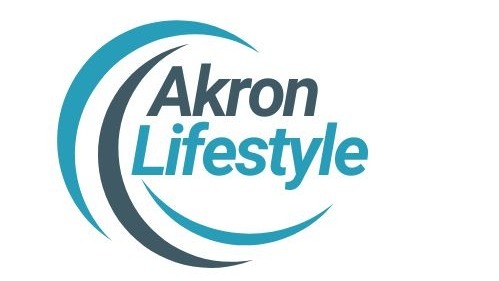
Understanding Visceral Fat: A Closer Look
Visceral fat, located deep in the abdominal cavity surrounding vital organs, is often misunderstood. While it plays a protective role, an excess can lead to severe health conditions such as liver disease, heart issues, and even different forms of cancer. A new perspective in nutritional science has shown that it’s not just the number of calories we consume that matters, but the types of food we eat that play a crucial role in the body’s visceral fat accumulation.
The Science of Fat Accumulation
Research highlighted by fitness expert Jeremy Ethier emphasizes that beyond calorie counts, the type of fats consumed—saturated versus unsaturated—can significantly impact visceral fat levels. A study conducted in 2014 found that participants who consumed muffins made with polyunsaturated fats from sources like fish and nuts gained significantly less visceral fat compared to those who consumed saturated fat-rich muffins. This illustrates that dietary choices matter immensely in fat distribution, particularly in the abdomen.
Food Swaps for Better Health
To combat visceral fat, consider swapping high-saturated fat foods with unsaturated alternatives. For example, trade butter and full-fat dairy products for olive oil and fatty fish. The shift towards healthier fats can keep your heart in check and potentially lessen the habitual craving for sugar-laden snacks, which predominantly lead to increased visceral fat.
The Sweet Truth: Sugar's Role
Added sugars, particularly fructose, are known culprits when it comes to visceral fat gain. Popular in many global cuisines, a classic example is bubble tea, which can contain excessive sugar content. Studies indicate that when calories are derived from fructose, visceral fat increases at alarming rates. This factor urges a deeper investigation into the sugar content in popular foods and beverages.
A Local Connection: Why This Matters in Akron
For residents in and around Akron, Ohio, these insights are especially relevant with a growing trend towards health and wellness. As the community gears toward healthier living, knowledge about visceral fat can empower better food choices in local diets. Not only does this information help in individual health journeys, but it fosters community engagement around fitness and nutrition.
 Add Row
Add Row  Add
Add 




 Add Row
Add Row  Add
Add 


Write A Comment